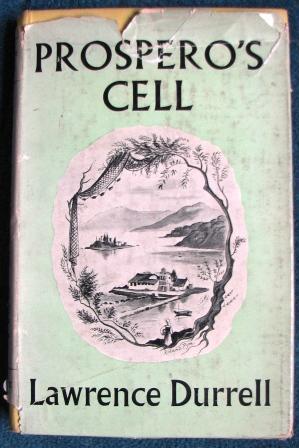What do you think?
Rate this book


142 pages, Hardcover
First published January 1, 1945
“It is difficult to say.... A portrait inexact of detail, containing bright splinters of landscape, written out roughly, as if to get rid of something which was troubling the optic nerves. You are the kind of person who would go away and be frightened to return in case you were disappointed; but you would send others and question them eagerly about it.”Soon, most of them would in fact leave the island, because it is that twilight period in which all of Europe saw the advancing shadow of World War II, as if it were a dark cloud from Mordor.